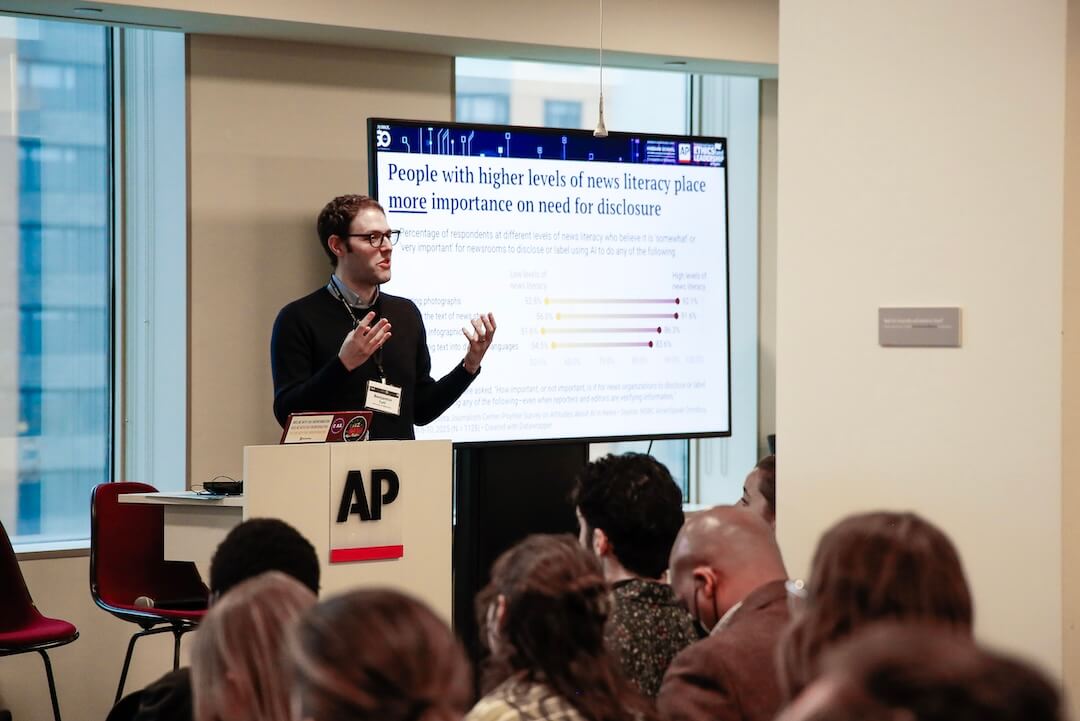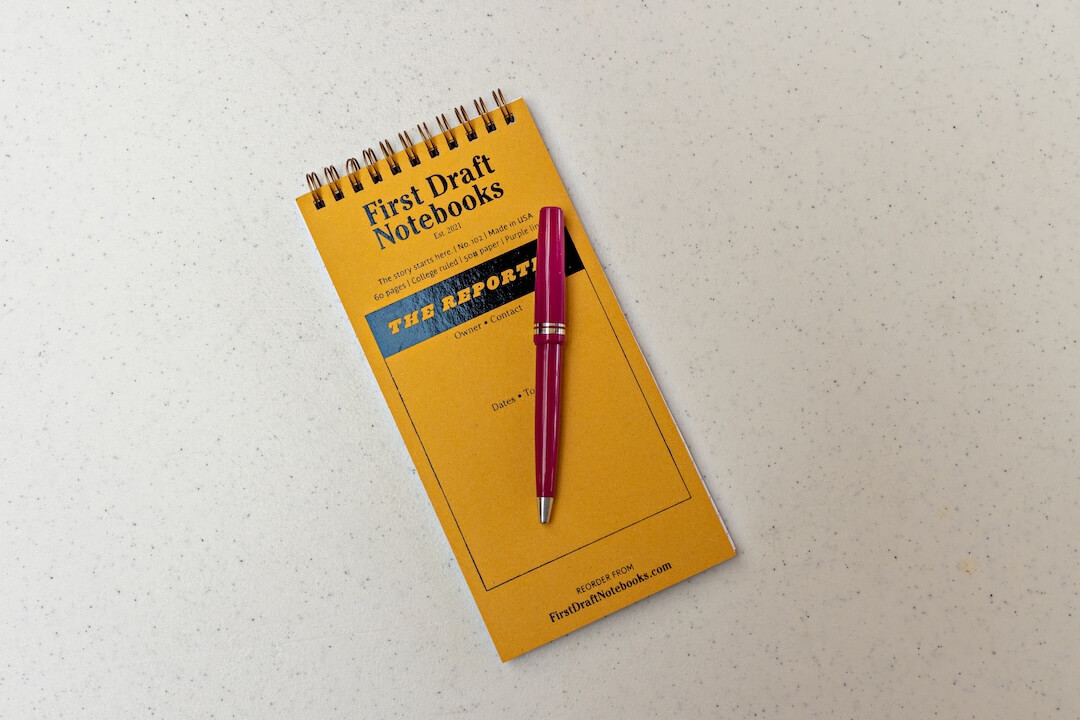Memo to news organizations cooking up paid content schemes: Before you go to market, go to school on LancasterOnline and other outfits willing to take some heat for early experiments and mistakes.
LancasterOnline is the Pennsylvania newspaper site that last week began charging readers outside its home county an access fee to view more than seven obituaries per month. (A related development from the supply side: three dozen TV stations have begun charging funeral homes to post obits online and on the air.)
LancasterOnline editor Ernie Schreiber declined my request for numbers of subscribers so far, in part because most readers in Lancaster’s target audience haven’t hit their freebie limit yet. But he did respond to other questions, and we continued our debate about where “new value” fits in the paid content scenario.
If I were among those queuing up with Journalism Online or other vendors pitching pay plans, I would ask questions like these:
- Is it realistic to ask consumers to empathize with the news industry’s financial plight and pay today for something that was free yesterday? In my view, the launch of a paid content system is the perfect time to provide reasons why skeptical readers should shell out some money.
- How can a news organization communicate to a broad range of constituents why it has shifted to paid content? I’m not talking just about the target audience, but also about industry critics and people within the company.
- Most importantly, what new value can be created — what new job can be done — so that consumers will decide this product is worth more than the money they’ll pay?
“In this first partnership with a news organization, Journalism Online has launched the infrastructure of a nationwide pay system for online news,” Schreiber told me by e-mail. “It’s not a finished product, but it’s a good beginning.”
Fair enough. But I don’t buy his next argument — that news organizations can successfully begin charging for previously free, existing products and services before supporting those new fees with new stuff.
“Added value means added work,” Schreiber pointed out, “and in most newsrooms, there are not added workers to do that work. That doesn’t mean the job can’t be done. It means careful research and planning are necessary to find the right software and right production process to deliver added value products that subscribers really want.”
Here’s the problem: news organizations no longer have the luxury to charge first and innovate later.
Schreiber shared e-mails from a couple of out-of-area obit readers who were upset about suddenly being faced with a charge after they read their first seven pages each month.
Schreiber and his staff responded, and in at least one instance won some understanding — if not necessarily payment — from one of the two customers. “I understand the plight of the newspaper industry’s revenue stream,” wrote the reader, whose identity Schreiber did not disclose. “Technology in our society has been a blessing and a curse. I will continue to check the Lancaster obituaries but will be most mindful on clicking on any extraneous ones.”
While newspapers are dealing with the challenge of keeping their businesses afloat, they need to realize that they also have to have these conversations with customers much earlier in the process.
Among the challenges facing news organizations in such conversations with customers is the need to have them sooner in the process — why not begin researching customer needs well in advance of the new charges?
Interestingly, one of the harshest critics of Schreiber’s obit plan — blogger and journalism entrepreneur Steve Buttry — played a leadership role in the “Newspaper Next” project launched by the American Press Institute several years ago. Schreiber believes in the “jobs to be done” approach advocated by Newspaper Next.
Schreiber took exception to Buttry’s harsh critique of his obit plan, and I thought Buttry’s immediate dismissal of the plan reflected more noise than signal. I was also surprised that Mark Potts was so certain of what will and won’t work in this arena.
In retrospect, especially as the debate has unfolded, I’ve spotted more signal in the noise. Potts and Buttry are highly experienced new media entrepreneurs whose opinions, even the impolite ones, are worth considering.
I worry that such reactions can discourage experimentation, but Schreiber is a good example of someone willing to take his lumps in the course of charting a new course. And as heated as Schreiber and Buttry were in their initial salvos, I credit them both with staying in the conversation, as my former colleague Keith Woods would put it.
By last week’s end, some good discussion was under way about the unresolved (at least in my mind) question of how best to monetize the various death-related services that media provide. Prompted by Buttry’s thoughtful pursuit of the issues, the discussion has continued.
The week did include at least one surprise for Schreiber and his colleagues: “There was a programming glitch in days two and three that allowed an unknown number of in-market readers to subscribe,” he wrote. “Some did. (That’s fascinating in itself, one of those unexpected discoveries.)”
“Journalism Online quickly fixed the problem and canceled the subscription charge for these people. But before I deliver any subscription count to anyone, I want to make certain that these in-market readers have been purged from our subscriber list.”






